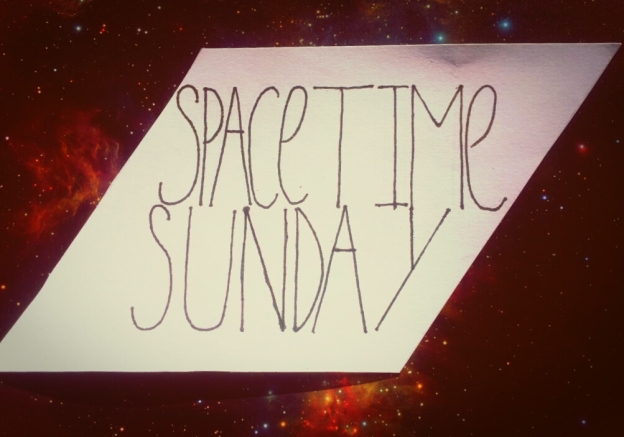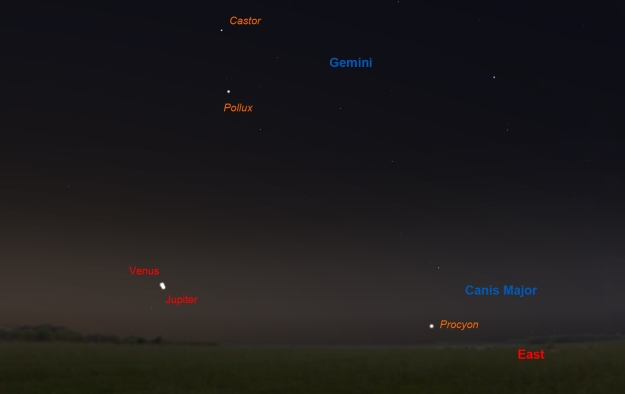August is a great month for the Moon- or I should say Supermoon! There is also the Perseid meteor shower, and plenty of planetary happenings. Eyes up!
The Moon
This month, on the 10th, the moon will be super-duper-extraly-supermoonful. It is not only a full moon on the same day as perigee, but at the same hour! So its the brightest of our three in a row supermoon roll. Make sure you don’t miss it, especially when it is rising and so nearer the horizon, thanks to the tricks that our eyes get up to which make it seem even bigger! Moonrise for my area takes place around 8:12pm, and you can check yours here: Moonrise/Moonset
Perseids
The only annoying thing is that the Perseids are due to peak on the 11-13th Aug..and the moon will be nearly full and hence very bright. So the best time to try and see these meteors are either early August, around the two hours before dawn, or nearer the 11-13th after moon set or just before moonrise…though that may be difficult. But still try!
The Perseids occur every August as we swing through a Comet trail. As the name suggests, they will originate from Perseus, in the NNE sky.
Planets
Neptune is nearest earth on Aug 29, and will be visible with binoculars in Aquarius. This is the last planet before the Kuiper belt, and the outer reaches of our solar system. This was a hypothetical planet, only implied in equations before its discovery in 1846. Neptune is a really interesting place, and you can find out more about it here: Neptune Facts
The other planets visible this month are Mars and Saturn in the southwest sky, Saturn lovely and bright and higher than Mars. The moon will cross in between the two one hour after sunset on the 3rd which will look great.
On august 18th, looking east before dawn, Jupiter and Venus will look like they are touching, appearing on the sky very close together. This is worth getting up for!
The ISS is also back over england, and I’m determined to see that at least once this month! You can find out where it’ll be near you in the links on my Astronomy Page

